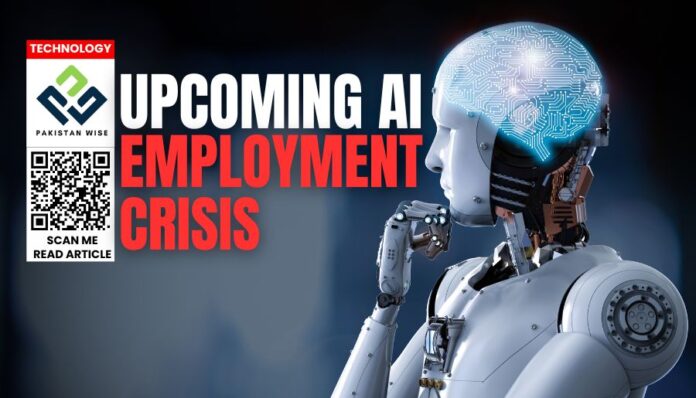Tech Job Landscape Amidst Downsizing and the Rise of AI
The dynamic landscape of the technology sector is undergoing a significant transformation, marked by job reductions at industry giants like Microsoft, Meta, eBay, SAP, and PayPal. In 2024 alone, more than 34,000 jobs have been lost, indicating a shift from the rapid expansion witnessed during the pandemic towards a more sustainable phase of growth. This article explores the factors contributing to this downsizing trend, with a special focus on the impact of generative artificial intelligence (AI) on employment.
Factors Driving Tech Job Reductions:
- Post-Pandemic Correction: As the world returns to normalcy, the tech industry is experiencing a natural correction after the unprecedented growth during the pandemic. The challenges of managing over-expanded operations are becoming apparent, prompting organizations to streamline their workforce for more efficient operations.
- Strategic Realignment: Some job reductions are part of a strategic realignment within organizations, involving the reallocation of resources from stagnant areas to forward-looking applications. This is a necessary adjustment rather than a blanket reduction in overall headcounts.
The Rise of Generative AI and Its Impact:
Generative AI, with its rapid learning capabilities, is surpassing human performance in certain tasks, such as coding. This technological advancement has prompted tech companies to consider significant reductions in overall headcount, raising concerns about potential consequences for tax revenues. Last year, a third of business leaders reported AI-related job replacements, underlining the transformative power of this technology.
Elon Musk’s Prediction and Philosophical Considerations:
Elon Musk’s prediction that all jobs will eventually succumb to AI raises philosophical questions about the future of work. While some view this as a concerning development, others see it as an opportunity for transformative growth. Optimists argue that, similar to past technological revolutions, new forms of employment will emerge, fostering productivity growth.
Impact on High-Skilled Jobs and Economies:
The disruption caused by AI is expected to disproportionately affect high-skilled jobs, particularly in advanced economies. The UK, being a high value-added and services-based economy, is particularly vulnerable, with nearly 70% of employment considered at risk. The International Monetary Fund (IMF) suggests that approximately half of these vulnerable jobs could be complemented and assisted by new technologies, offering a glimmer of hope.
Challenges and Uncertainties:
The shift to an AI-driven job market is predicted to be uncomfortable and socially destabilizing. Drawing parallels with historical shifts, such as the Luddites during the industrial revolution, the displacement of jobs could lead to resistance and unrest. The outcome remains uncertain, as AI has the potential to either render certain professions obsolete or significantly enhance productivity in various sectors, including healthcare.
Conclusion:
Predicting the future impact of AI on employment is challenging in the current landscape. While the long-term benefits are promising, the transition period is fraught with uncertainties, reminiscent of historical shifts that brought both progress and challenges. Navigating the evolving tech job landscape requires a strategic approach to adapt to the changing dynamics and harness the potential of emerging technologies for sustainable growth.

